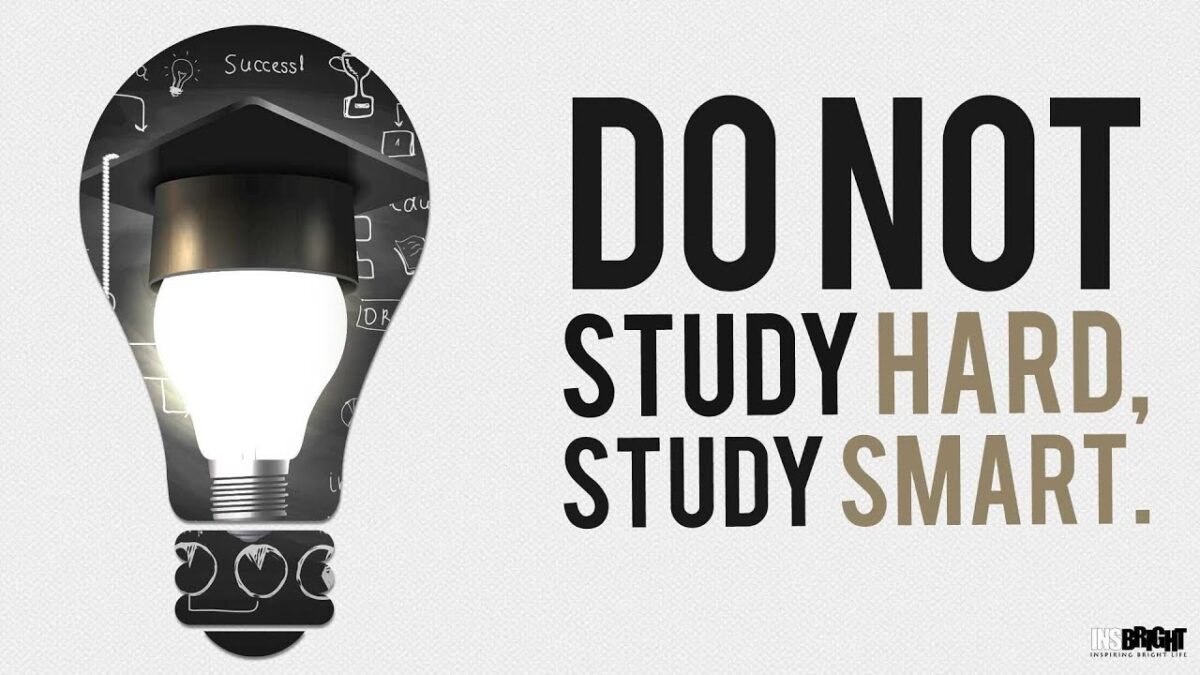High school can feel like a juggling act. Classes get harder, homework piles up, and there’s always some sport or club to squeeze in between. The pressure to do well grows, and sometimes it seems like there just aren’t enough hours in the day. The good news is, study habits don’t have to be complicated to be effective. By adopting smart strategies, it’s possible to learn faster, remember longer, and lower stress along the way. Here’s how to turn study time into a power session that helps you build confidence and ace your classes.
Active Learning Strategies for Better Retention
Passive reading or skimming notes might feel easy, but it’s one of the least effective study methods. Active learning gets your brain working, which creates stronger memory links and deeper understanding. Instead of just going over material, try these approaches:
- Summarize in Your Own Words: After reading a section, close the book and explain what you just learned out loud or write it down. This forces your brain to process the info, not just repeat it.
- Ask ‘How’ and ‘Why’: Dig into the details by questioning causes, effects, or reasons behind a fact. This helps you see the bigger picture.
- Use Practice Tests: Quizzing yourself helps pull information from memory rather than letting it sit unused. It’s a proven way to stay sharp.
- Work Through Problems Step-by-step: For subjects like math or physics, solving problems slowly and methodically ensures you understand each part.
- Teach a Friend or Family Member: Explaining material to someone else reveals gaps in your knowledge and cements your grasp on it.
You can think of active learning like a muscle. The more you use it, the stronger it gets—and the easier studying becomes over time.
Organizing Study Time and Environment
“Studying smarter, not longer” is more than a saying. How you schedule and where you study matters just as much as what you study. Here’s what I find helpful:
- Pomodoro Technique: Set a timer for 25 minutes of solid focus, then take a 5-minute break. Repeat this cycle and watch your attention stay sharp without burnout.
- Spaced Repetition: Instead of cramming all your review in one night, spread your study sessions over several days. This gives your brain time to store info properly.
- Create a Distraction-Free Zone: A tidy, well-lit study space reduces interruptions. Turn off phone notifications or use apps that block social media during study times.
- Balance with Healthy Habits: Sleep isn’t optional—it powers memory and focus. Regular exercise helps flush stress and boosts brain function too.
Setting up a clear routine and space to study builds a rhythm that supports long-term success.
Using Study Aids and Group Learning
Sometimes straight note-taking isn’t enough. There are creative study aids that make recalling info easier and studying less of a chore:
- Mind Maps: Visualize the connections between ideas by drawing them out. This helps with organizing complex info.
- Flashcards: These are great for quick recall and self-testing, especially with tricky vocabulary or formulas.
- Color-Coded Notes: Using colors to highlight key terms or categories helps your brain group details for better recall.
- Mnemonic Devices: Short phrases or acronyms make remembering tough facts simpler.
- Dual Coding: Pairing words with images boosts memory. Try drawing diagrams or timelines alongside your notes.
Also, studying with peers lets you explain topics and hear new perspectives. Group sessions shine when you take turns teaching parts of the material. This not only enhances your understanding but also reveals where others might be struggling. Online resources, like educational videos or interactive apps, offer different ways to grasp concepts too.
Identifying Challenges and Seeking Help
Everyone hits tough spots with some subjects. Math anxiety, confusing concepts, or simply feeling overwhelmed can hold you back. The trick is to spot signs early:
- Homework starts piling up.
- Tests and quizzes show a drop in grades.
- You feel stuck or frustrated after studying.
Don’t wait to ask for help when you’re behind. Teachers, tutors, or counselors are there to support you. Extra explanations or one-on-one sessions can clarify difficult areas. Blend this help with your own active review to make progress.
Tackling challenging topics sooner rather than later prevents stress from sneaking up. Getting support turns big problems into manageable ones.
Conclusion
Good study habits aren’t about hours spent staring at a book—they’re about being smart with your time and energy. Active learning keeps your mind engaged and memories sharp. Organizing when and where you study helps you stay focused and calm. Study aids and group work open new paths for remembering and understanding. Most importantly, don’t hesitate to ask for help if things get tricky.
Building these habits might feel slow at first, but consistency pays off. Each step forward prepares you not just for exams but for long-term growth. Start small, track your progress, and watch how study time starts working for you, not against you.
The journey through high school is a chance to build skills that last well beyond the classroom. You’ve got this.


